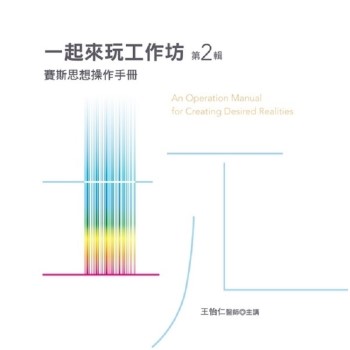Does the notion of international secondment have a social function? This is the starting point of this study. The aim is to demonstrate that the notion of international secondment, as it emerges from international law, has both a relative and an absolute function, which is none other than that of protecting industrial relations and the domestic public policy of the State of secondment. Putting forward the idea of international secondment as a functional notion makes up for the impossibility of definition raised by the doctrine of the second period (Julien Icard, Etienne Pataut, Agnès Cerf-Hollender). Neither the Rome Convention of June 19, 1980 on the law applicable to contractual obligations, nor the Rome I Regulation (EC) no. 593/2008 of the European Parliament and of the Council of June 17, 2008 on the law applicable to contractual obligations, including the rules of private international law applicable to posted employees, define the posted worker or international posting. The functional dimension of international secondment rules out the idea of an anti-law concept, of an equation between fraud and international secondment.
| FindBook |
有 1 項符合
The concept of international secondment的圖書 |
 |
The concept of international secondment 作者:Dossou 出版社:Our Knowledge Publishing 出版日期:2024-07-31 語言:英文 規格:平裝 / 80頁 / 22.86 x 15.24 x 0.48 cm / 普通級/ 初版 |
| 圖書館借閱 |
| 國家圖書館 | 全國圖書書目資訊網 | 國立公共資訊圖書館 | 電子書服務平台 | MetaCat 跨館整合查詢 |
| 臺北市立圖書館 | 新北市立圖書館 | 基隆市公共圖書館 | 桃園市立圖書館 | 新竹縣公共圖書館 |
| 苗栗縣立圖書館 | 臺中市立圖書館 | 彰化縣公共圖書館 | 南投縣文化局 | 雲林縣公共圖書館 |
| 嘉義縣圖書館 | 臺南市立圖書館 | 高雄市立圖書館 | 屏東縣公共圖書館 | 宜蘭縣公共圖書館 |
| 花蓮縣文化局 | 臺東縣文化處 |
|
|
圖書介紹 - 資料來源:博客來 評分:
圖書名稱:The concept of international secondment
|










